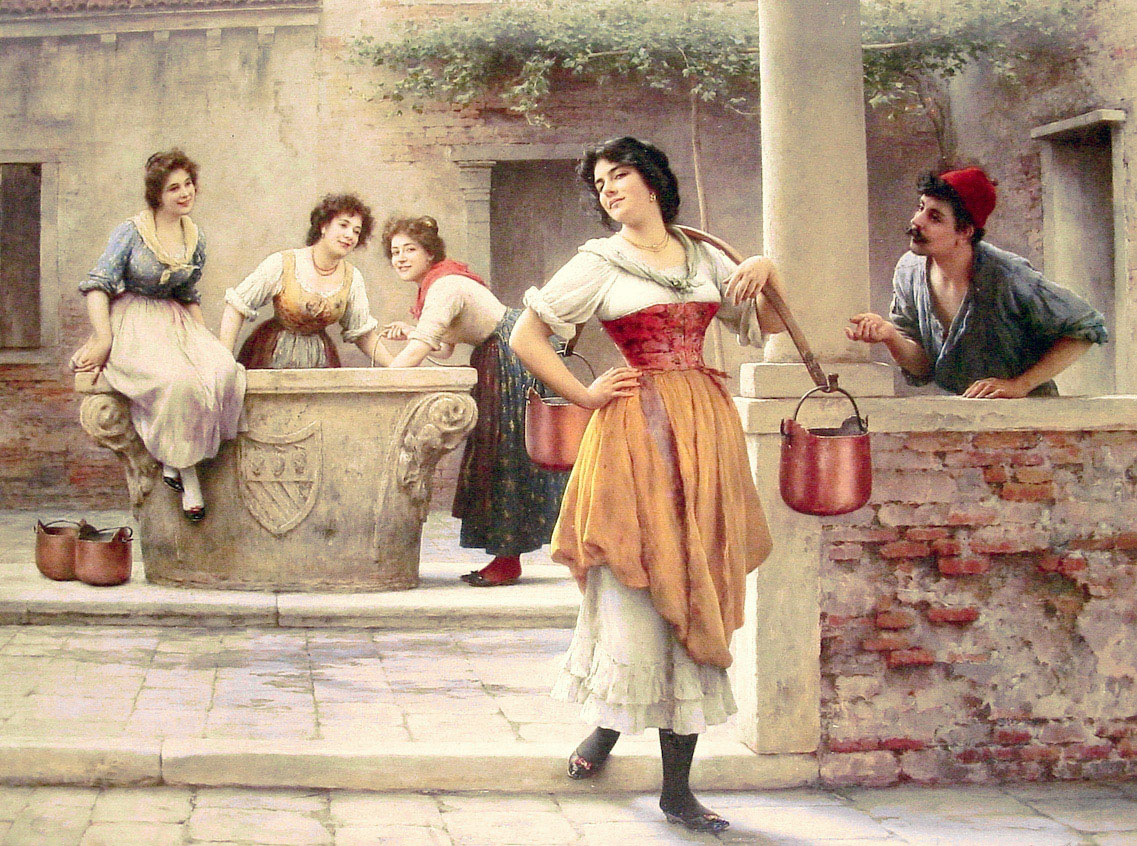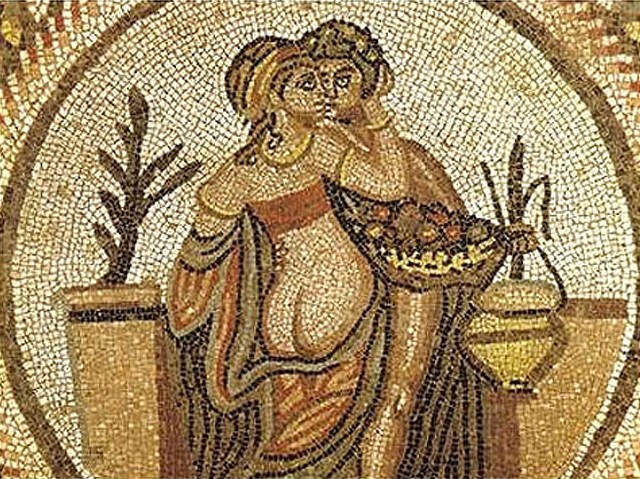Ars Amatoria, or The Art of Love, is problematic today as it was two thousand years ago when it first published but for completely different reasons. It’s a set of instructions on love and love-making. Some parts will strike the reader as surprisingly contemporary such as its female-centric talk and the author’s interest in recreational sex, rather than the traditional reproductive kind. He calls for women to go “hunting” for love, just like men do. He encourages the readers of both genders to pursue older and mature lovers, just as they do the youthful ones. He asks men to serve their women as if it’s a military service! Ovid also puts special emphasis on the pleasure of women during the sexual experience, making its importance almost on par with men’s pleasure.
It’s a shame that casual readers like this blogger would take generic and mostly bland advice from the book to show that we could relate to the ancients on dating. That blogger wrote a clean summary of the book with a feel-good list that includes “be persistent,” beware of “drunk goggles” and go to the theatre “to pick up girls.” Yes, that’s an accurate rephrasing of some of what Ovid wrote but it leaves out everything else that we today consider predatory and despicable behavior. It even leaves out the points that are worthy of praise for being contemporary as mentioned above.
Ovid deserves credit for writing a frank book on courtship. But it’s easy to get carried away with his praise, and we’d be forgiven for that. Our Western heritage is heavily influenced by conservative views on sex, which was not the case in the ancient world. It should be noted that some of his advice might not be completely original and just a reiteration of already common practices and attitudes in his day.
a. Ovid’s condoning of adultery
When it was first released to the public, the main advice known to have caused immediate condemnation in this and other books by Ovid is his endorsement of adultery and the pursuit of married women. He even warned men not to be absent for too long, otherwise women could, and should, find other lovers. By Roman standards, he was encouraging a punishable crime. It is possible that his repeated calls for seducing married women is among the reasons behind his eventual exile.
b. Ovid’s approval of forced sex:
One major challenge is to answer the question of whether Ovid condoned rape in his manual. The answer is yes and no. By the definition of rape of his day, he didn’t. By our understanding today, yes. What Ovid condoned is forced sex within romantic encounters. He condoned taking the lead and using force, unless resistance is great, citing some of the many myths featuring actual rape as examples to follow. Today we call that date rape.
But by the laws and the standards of his day, Ovid did not condone rape, which was a crime in ancient Rome, despite its prominent role in classical mythology. It was pursued as a serious crime, punishable by death in some cases such as the rape of female virgins or freeborn males. It was deemed as an offense against the state. (Later in Christian societies, it became a crime against “the temple of God,” i.e. the victim’s body. It took long to view it as a violation of the woman’s own body!) If the victim was a slave, a prostitute or the man’s wife, then it was not treated as rape. Another situation where a woman’s consent is disregarded—Ovid mentions this as an opportunity—is when a woman commits the offense of being heavily drunk.
c. Distinguishing between the poet’s humor and serious advice
Another challenge for the modern reader, besides the mere reading of Ovid’s encouragement of men to deceive and force women to bed, is to disentangle the lines which were written in jest from those intended as serious. An obvious example of sarcasm is close to the end of the third book suggesting that a woman should hide her lover in a cupboard when she needs to keep the affair secret.
Read the most challenging excerpts from The Art of Love. It’s composed of 3 parts (books):
a. How to seduce and keep women (Book 1 & 2)
b. How to seduce and keep men (Book 3)
You might also like:

Ovid’s Art of Love: How to seduce and manipulate him with sex
Ancient controversial advice: Why you should play tricks on him and when to offer your body as a “thank-you”
BOOK: THE ART OF LOVE

Read Ovid’s immoral dating guide for a balanced insight into the #MeToo movement
The Art of Love shows how the courtship game, once played by all, has changed
BOOK: THE ART OF LOVE





